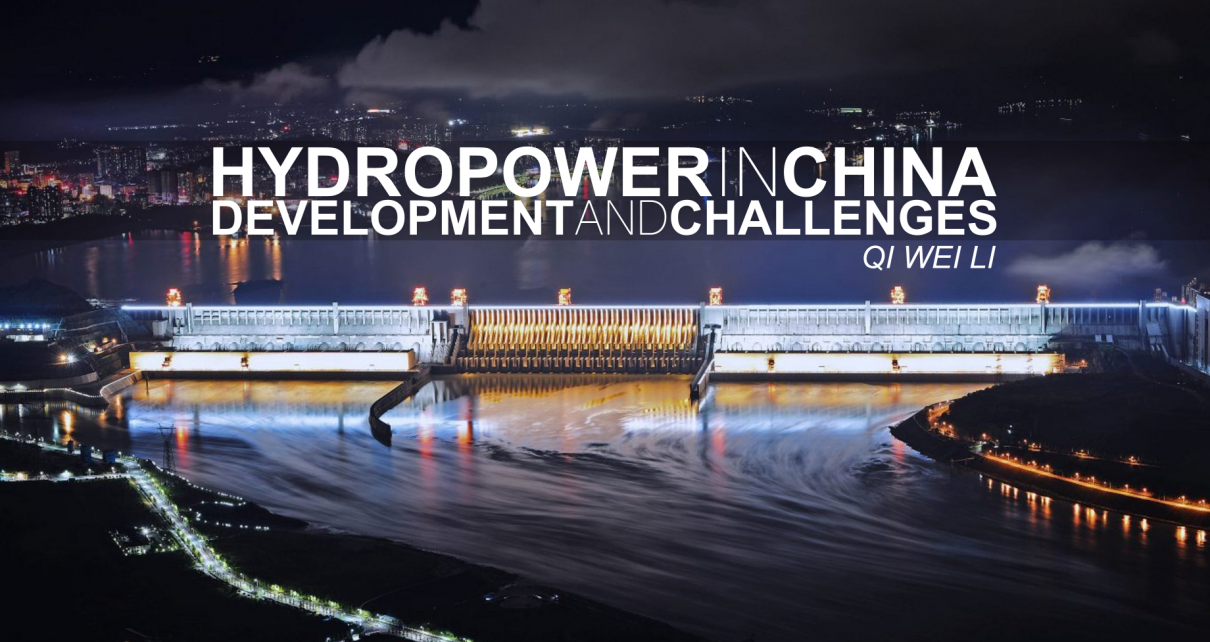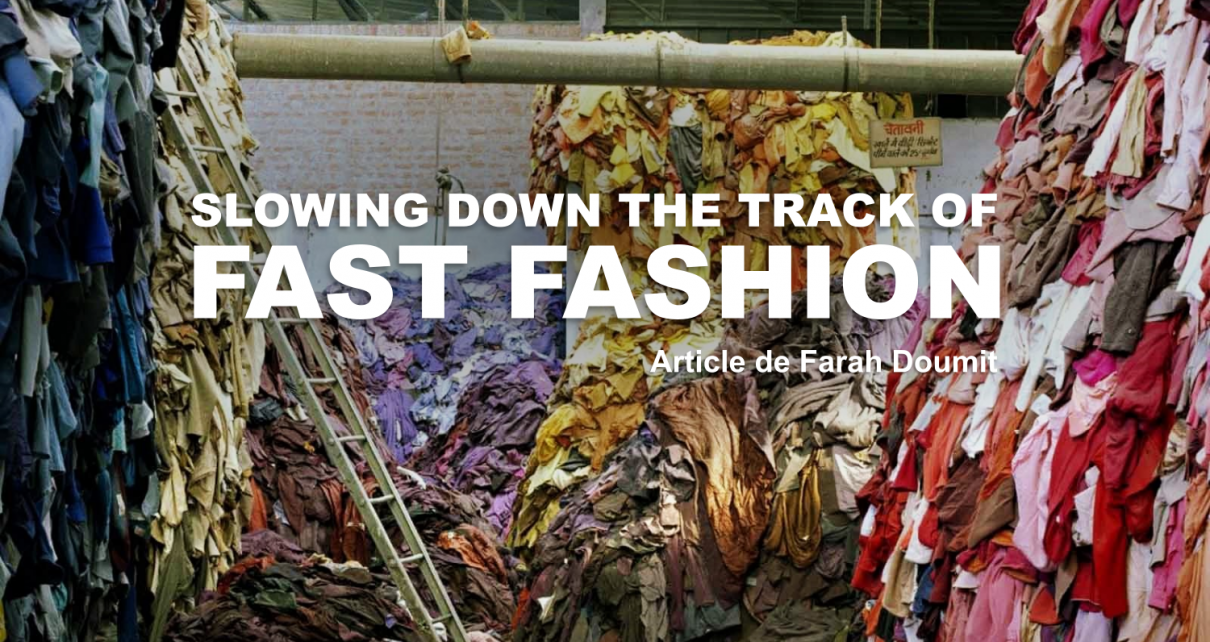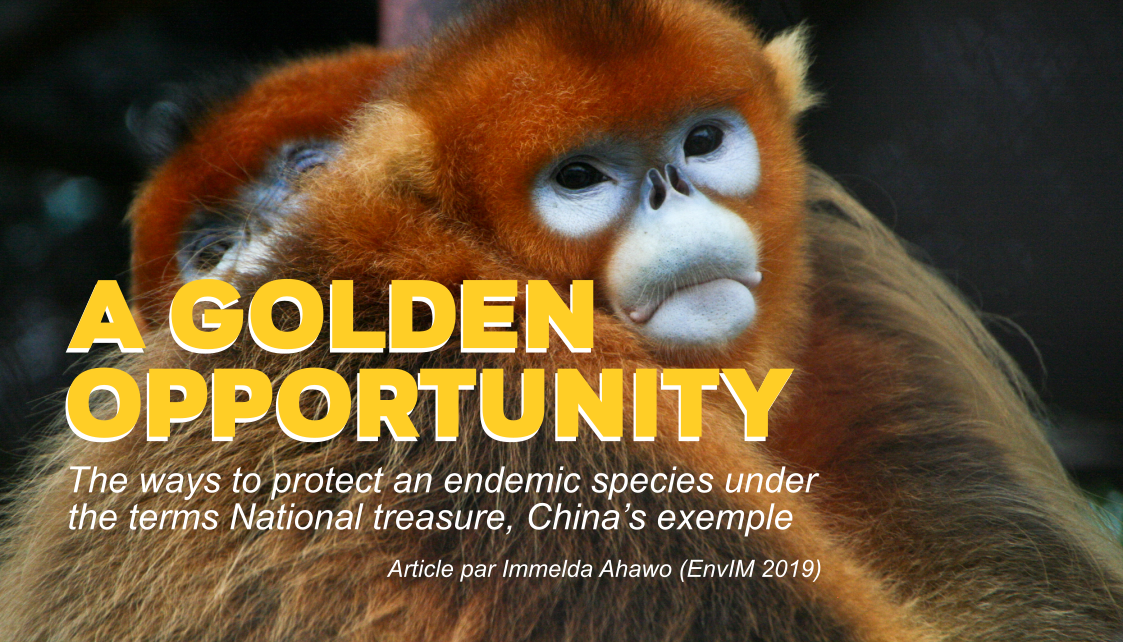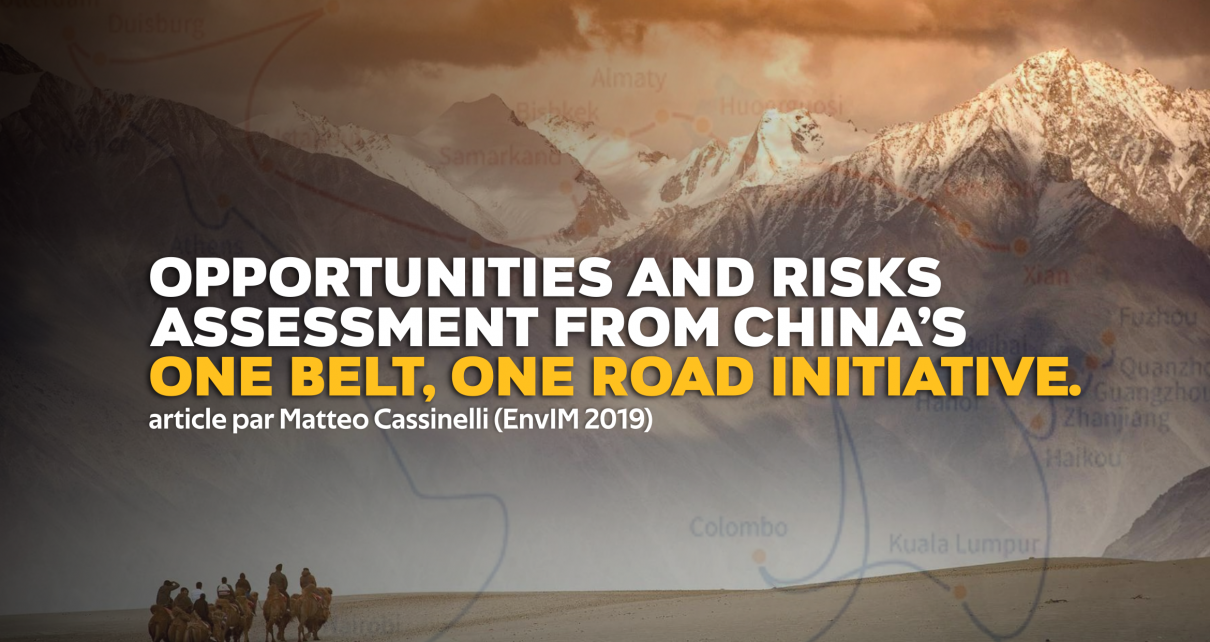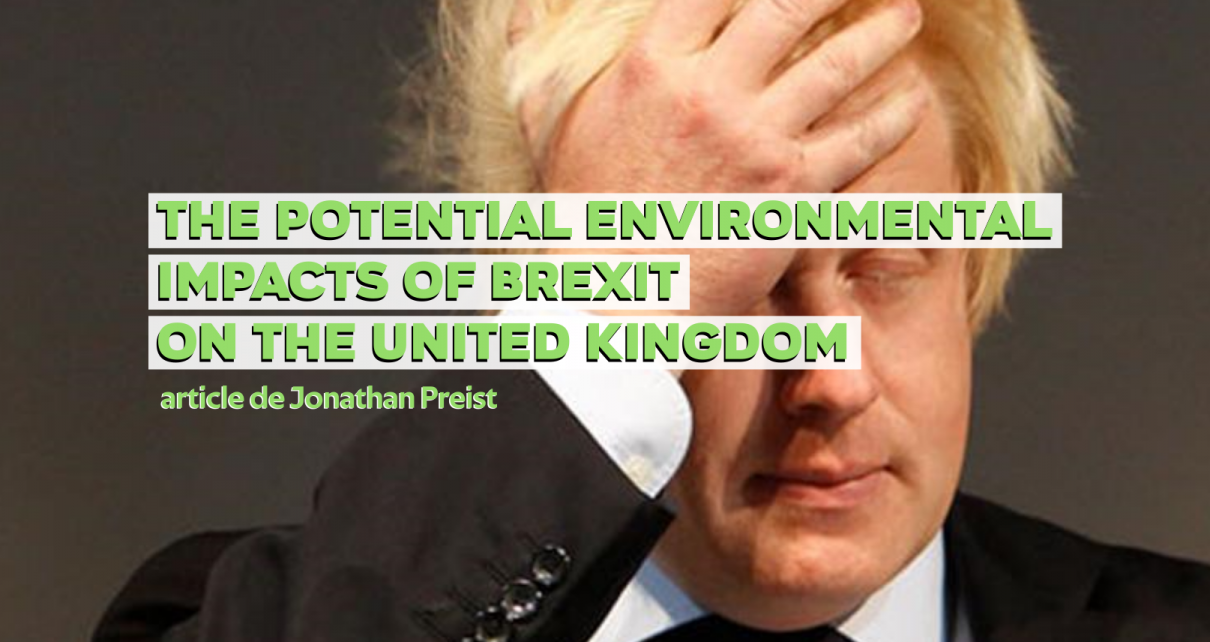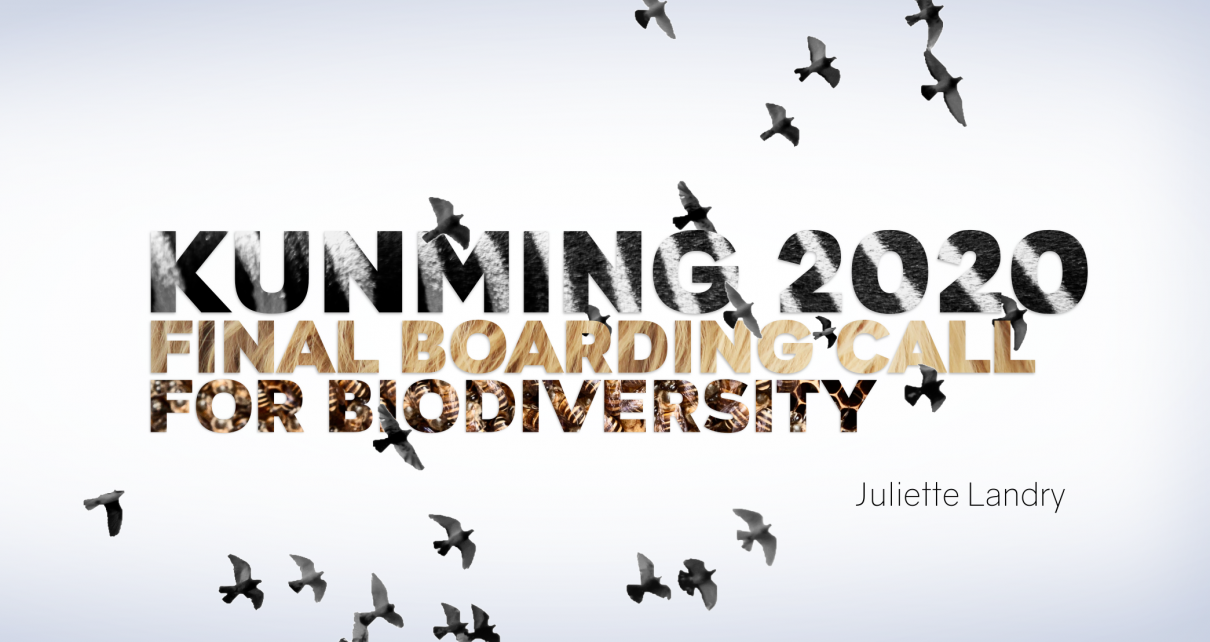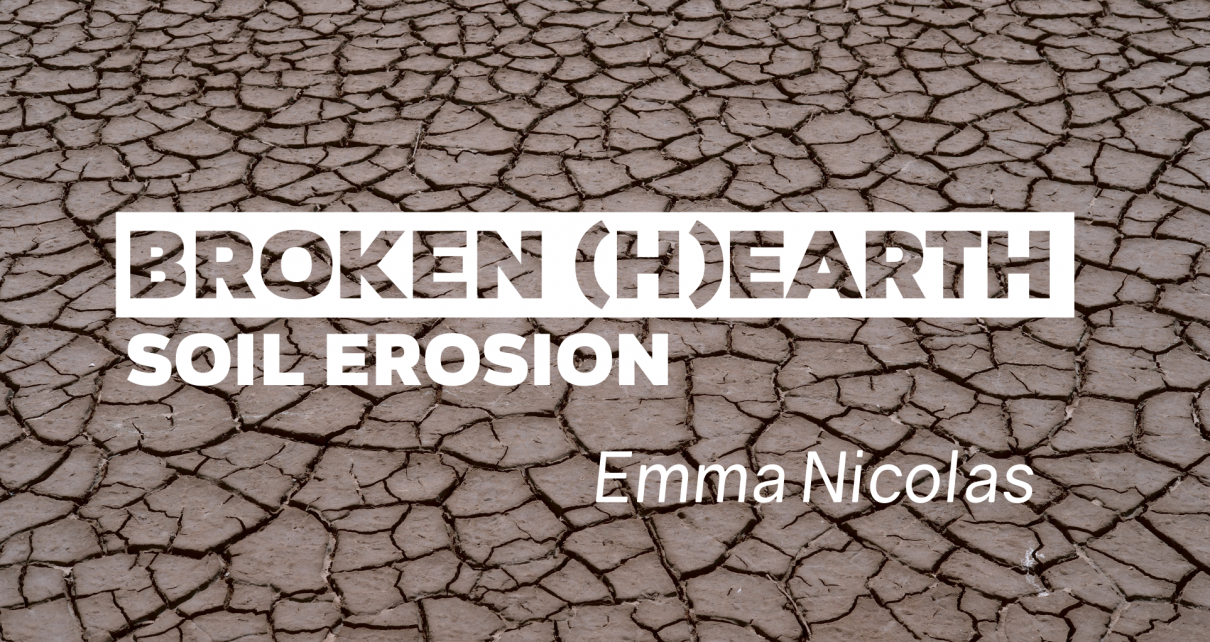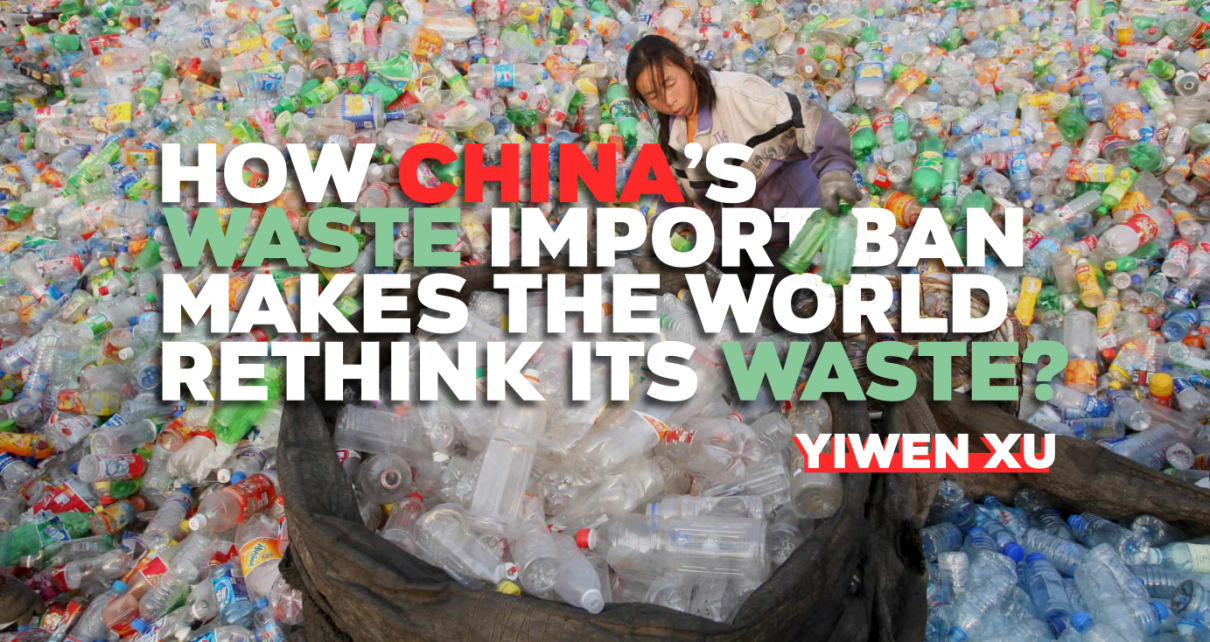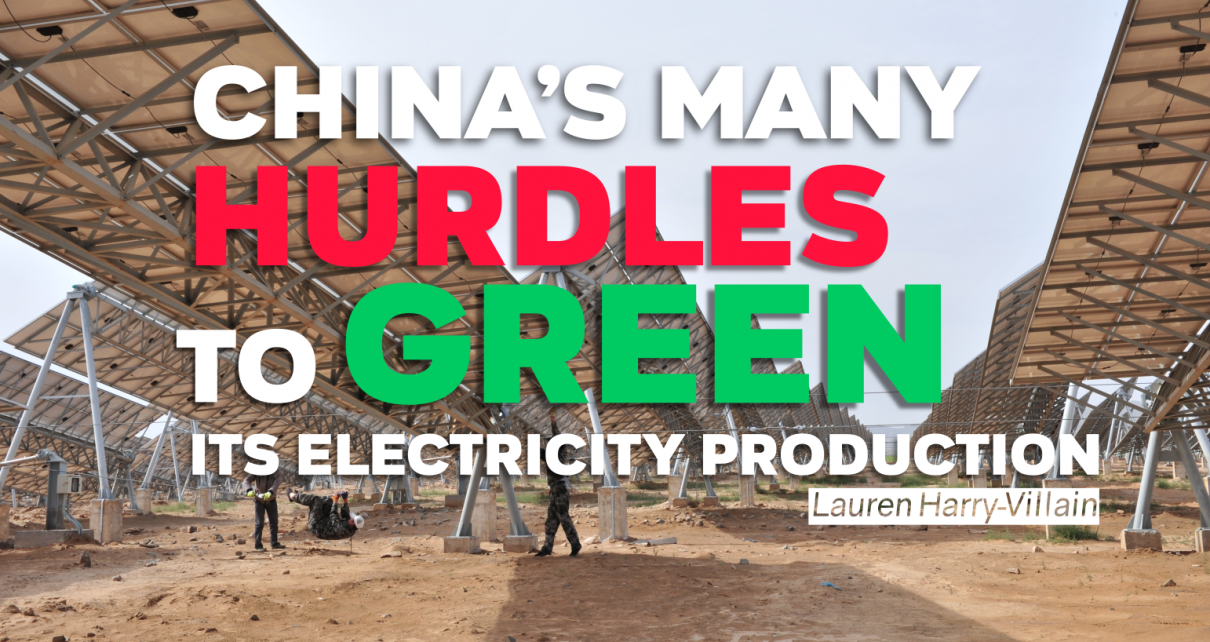Article de Qi Wei Li (EnvIM 2019) Introduction Recently, thanks to global climate change strikes, there is more public attention to global warming and climate change worldwide. To deal with such dilemma, investing in renewable energy being one of the solutions, China is making effort to reduce carbon emission by adopting higher percentage of renewable energy. Therefore, for this blog, I would like to focus on the discussion of
Article par Farah Doumit (EnvIM 2019) Fashion Fashion is our chosen skin. It is a way to communicate who we are as Orsola de Castro said [1]. In fact, fashion and textiles have always been part of human society. The clothes we wear tell stories of our culture and our heritage. However, the role of the global fashion industries has shifted far beyond meeting a basic human need. The
Article par Immelda Ahawo (EnvIM 2019) The natural process of life has always included the apparition of species, their evolution, their interactions with each other and their extinction. The turnover of species is an inevitable part of the life cycle, yet today we seem to be approching a phase of mass extinction. The 2019 IPBES Global Assessment Report on Biodiversity and Ecosystem Services - the first inter-governmental global assessment
article par Matteo Cassinelli (EnvIM 2019) The Belt and Road Initiative (BRI) is an ambitious program of investments aimed at improving connectivity, national cooperation, integration of markets and income of BRI countries. Since it was announced by the Chinese government in 2013, the initiative has risen much hope and concern. Many have seen growth and development possibilities while others have urged caution over the risks related to the projects,
article de Jonathan Preist (RSEDD 2018) On 23 June 2016 the United Kingdom held a referendum on European Union (EU) Membership, with the outcome that the British public voted to leave the EU by a margin of 52% to 48%. At the time of the writing of this article the United Kingdom is still part of the EU and the future of its EU membership is unclear however, should
Juliette Landry (EnvIM 2018) A pathway towards a transformative and inclusive global framework One million species threatened, 75% of lands and 66% of marine ecosystems damaged, for the most part by… humans. The newly released global assessment on biodiversity and ecosystems demonstrated a terrifying reality and an uncertain future. Could multilaterism make a difference and create incentives? The silent crisis International negotiations represent an excellent opportunity
par Martin Courgeon (EnvIM 2018) There is no doubt for anyone anymore that anthropogenic greenhouse gas emissions are one of the, if not the, greatest challenge of the 21st century. The dangers of global warming caused by the greenhouse gases emissions, notably CO2, are becoming increasingly clear. Some of the impacts of global warming are already visible today, and the private sector must cope with them. Insurance companies for
par Emma Nicolas (EnvIM 2018) When thinking about planet Earth, the first adjective that comes to one’s mind is usually the “blue planet”. Indeed, water composes no less than 75% of the Earth’s total surface (Fig.1). But what about the ground? If water is absolutely necessary to life (and actually complex life came out from water), soils shelter all terrestrial species, including humans. Not only have they been giving
par Yiwen XU (EnvIM 2018) In July 2017, the General Office of China’s State Council issued the Prohibition of Foreign Garbage Imports: The Reform Plan on Solid Waste Import Management, proposing that in 2018, China will ban the import of four classes of waste, including waste plastics from households, unsorted waste paper, waste textile materials, and vanadium slag. What is more, in April 2018, the Ministry of Ecology and
par Lauren Harry-Villain (EnvIM 2018) As China has been the world’s biggest energy consumer since 2009 and is the biggest greenhouse gas emitter (International Energy Agency, 2017), it should play a crucial role in the global effort to reduce CO2 emissions and thereby limit climate change. Notwithstanding the fact that it consumes more coal than any other country by far (IEA, 2018), the country has shown in recent years

